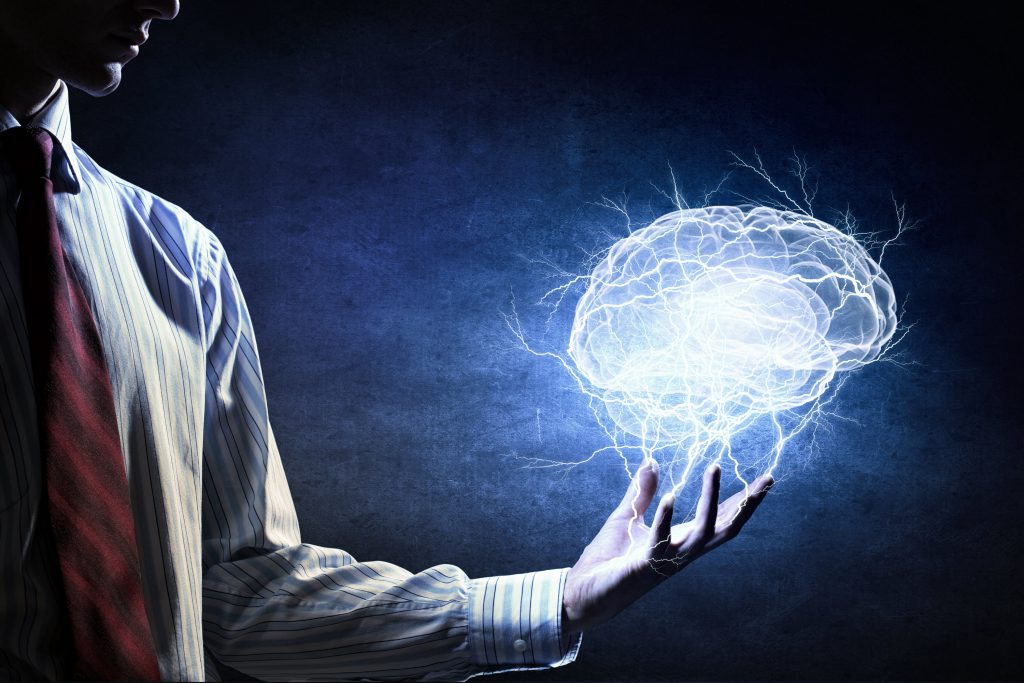
We already know that placebo treatments can have real reductions in symptoms, but scientists have struggled to discover why the placebo effect – placebo response – works and for whom. Researchers at Northwestern University discovered a possible breakthrough in understanding the traits in people that make them more responsive to placebos. This could have an impact on how physicians treat their patients moving forward.
The power of the human mind is not something that modern science can quantify and put on a spreadsheet. We know that how you think, your willpower, the types of thoughts you have, and your drive behind them will often determine the outcome of situations you find yourself in. But it is not like I can weigh the difference between giving it 90% to giving it 100%. I have no way to show a measurement, which is why identifying the triggers of the placebo effect is such a monumental task after all where is the science in belief? What we do know is that what you believe matters. Somehow your mind can convince itself that a nonexistent treatment is working.
Science has demonstrated time and again the efficacy of hypnosis in creating a placebo effect in people who enter trance and see themselves as feeling better. Those with chronic back pain have reported a reduction in pain statistically equivalent with traditional narcotic pain medications. Similar findings have been documented in those suffering anxiety, depression, and stress.
And while hypnosis should never be seen as a cure for any disease or illness, its demonstrated effectiveness in reducing symptoms makes it a viable option for those wishing to reduce or eliminate discomfort in their lives. New jersey Hypnosis Training is proud to offer hypnosis and mindfulness training using research-proven techniques to improve the quality of life in people from all walks of life.
